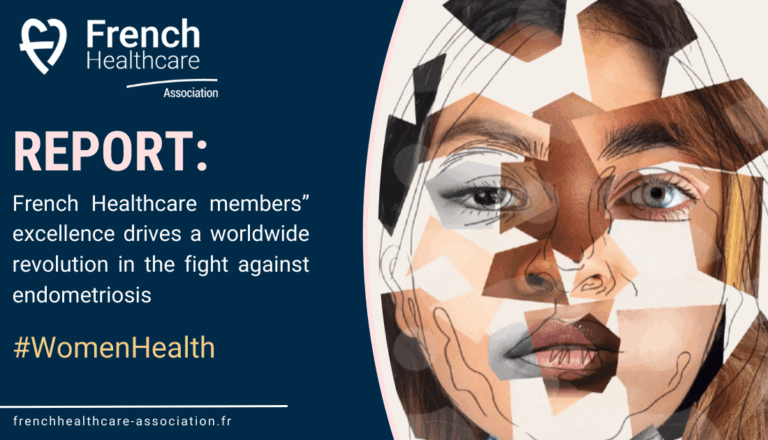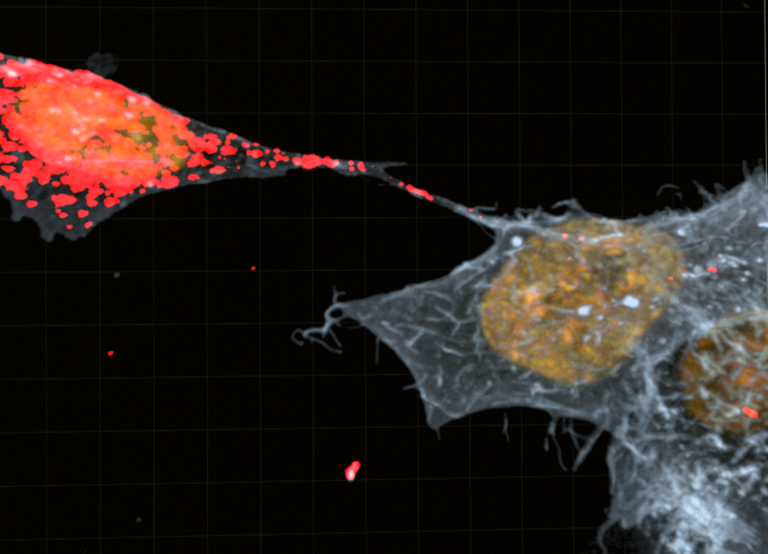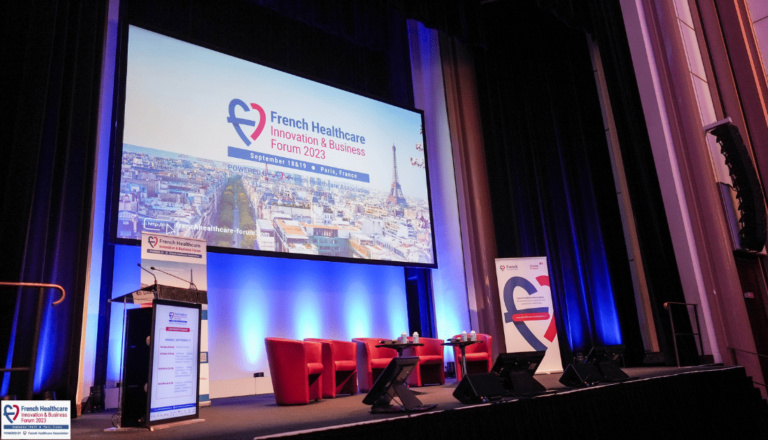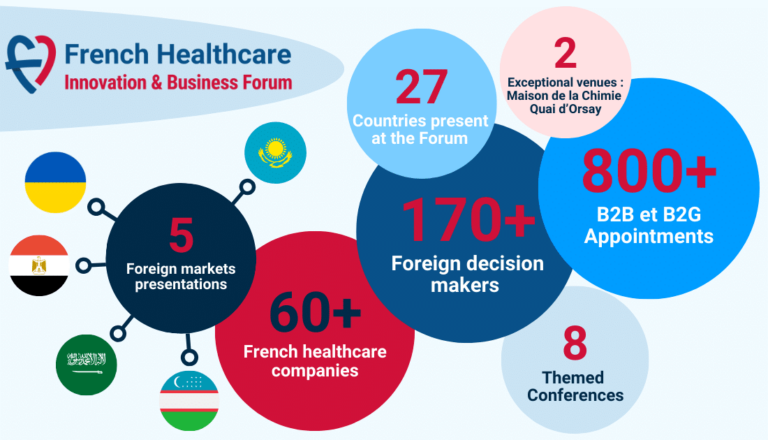When Bruce Willis sheds light on a silent disease
In 2023, the announcement of Bruce Willis diagnosis brought attention to a little-known condition: frontotemporal dementia (FTD). This neurodegenerative disease affects the frontal and temporal lobes of the brain, causing behavioral, language, and personality changes.
Unlike Alzheimer’s, FTD often affects younger individuals, between 45 and 65 years old, and remains difficult to diagnose.
Key figures on FTD in France
- 15,000 to 20,000 people affected.
- 10 to 20% of early-onset dementias.
- Average age at diagnosis: 58 years.
- Average progression: 8 to 10 years.
French research: leading experts at the forefront
Prof. Florence Pasquier – CHU Lille
A leading neurologist, she heads the CMRR in Lille and the National Reference Center for Young-Onset Alzheimer’s. She advocates for better recognition of early-onset dementias.
FTD disrupts the very identity of patients. It is crucial to train professionals on its specifics and support families through this complex journey.
Dr. Isabelle Le Ber – Brain Institute (ICM), Paris
A specialist in genetic forms of FTD, she studies mutations in GRN, MAPT, C9orf72 and participates in targeted therapy projects.
Dr. Stéphane Bombois – CHU Lille
A neuropsychology researcher, he develops differential diagnostic tools between FTD and Alzheimer’s and works on cognitive biomarkers.
Latest breakthrough: imaging markers for earlier diagnosis
In June 2025, a team from the Brain Institute led by Lara Migliaccio and Arabella Bouzigues published a major study in Molecular Psychiatry. Their goal: identify functional markers of FTD using functional MRI.
Key findings:
- The organization of brain networks is deeply altered in FTD.
- These changes could help detect the disease earlier, track its progression, and target future treatments.
This research paves the way for precision medicine for FTD patients.
Measures implemented in France
1. Specialized care
- Symptomatic treatments (mood stabilizers, speech therapy, cognitive rehab).
- Multidisciplinary teams: neurologists, psychologists, speech therapists, social workers.
2. Expert centers
- CMRR (Memory Resource and Research Centers).
- Rare dementia reference center at Pitié-Salpêtrière Hospital.
3. Support for caregivers
- Training, support groups, respite solutions.
- Associations like France-DFT: listening, resources, guidance.
4. Research and innovation
- Studies on blood and genetic biomarkers.
- Participation in European cohorts and clinical trials.
Conclusion: act now for tomorrow
FTD is a complex and often misunderstood disease. Thanks to the commitment of French researchers and recent advances in brain imaging, the hope for earlier diagnosis and better support is becoming a reality.





